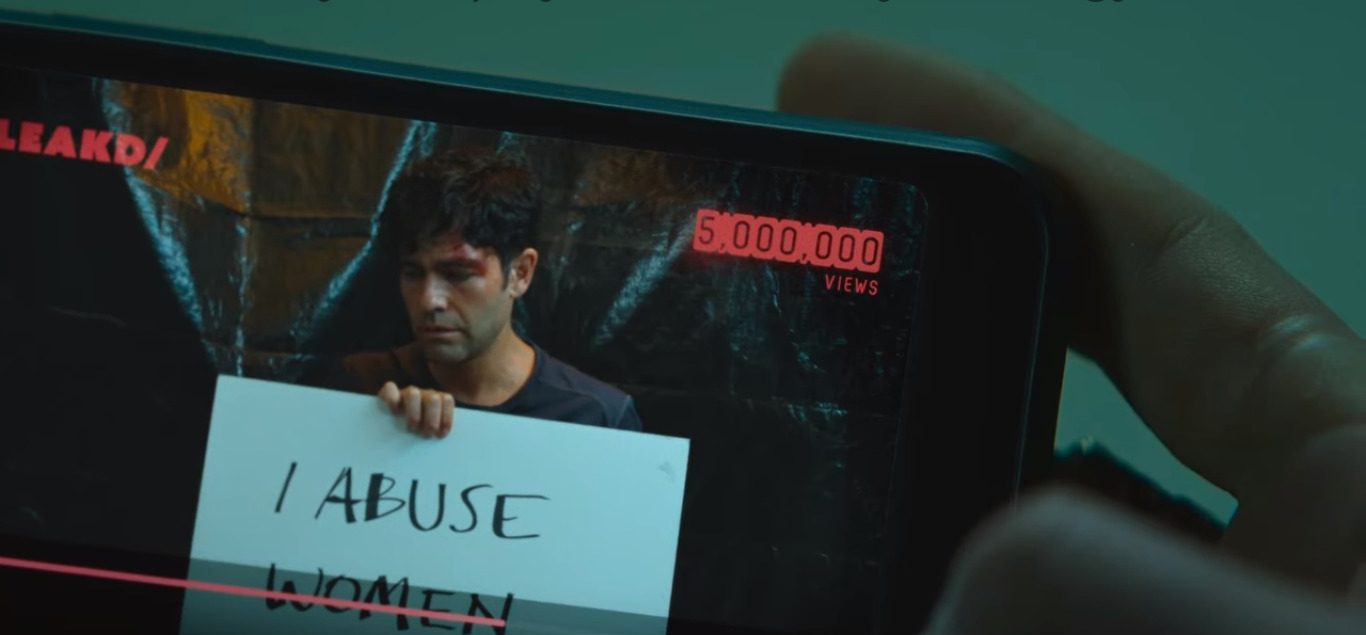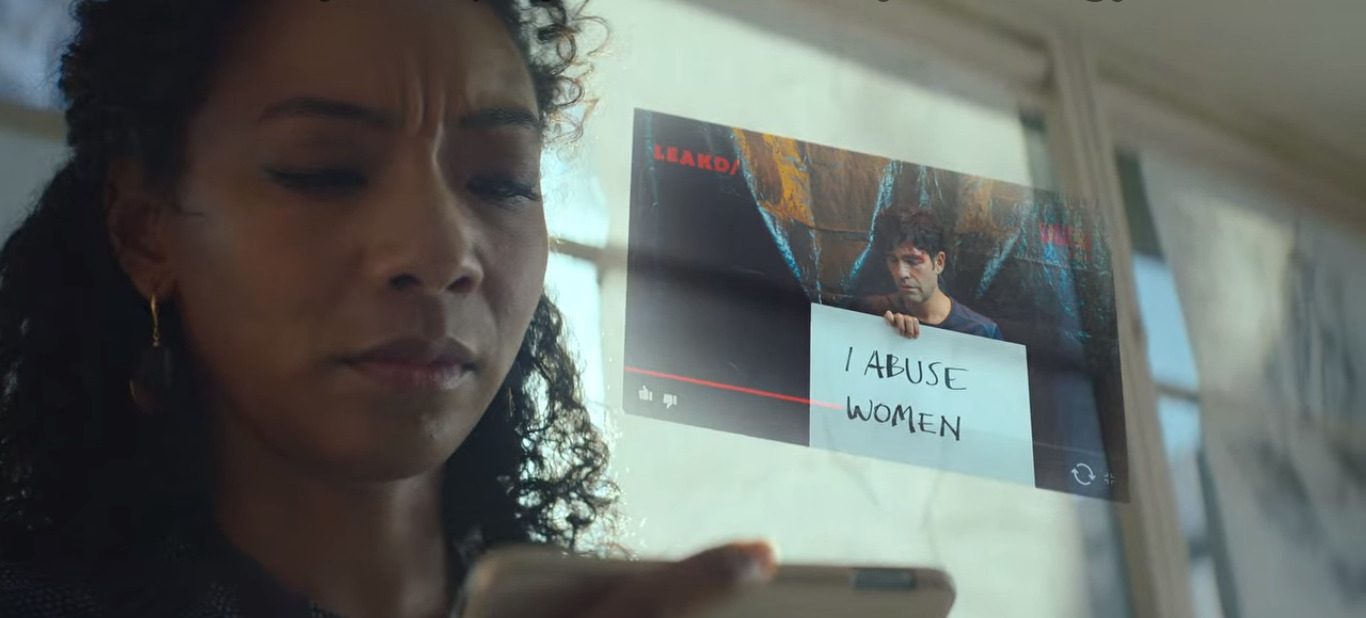‘Clickbait’ is a mystery drama miniseries that looks at the dark impulses that the internet brings out in the most unexpected of people. The story centers around a murky kidnapping, made all the more horrifying by the victim’s life depending on whether a video of him goes viral or not. The anonymity provided by social websites makes for a complex web in which one can never be sure of the identity of the person they are interacting with, and the show gives us one explosive revelation after another, keeping viewers guessing about the real motives behind the crime. Identity theft is a widely known phenomenon in the digital age we live in, but could something as bizarre as what we see in ‘Clickbait’ actually have happened? Let’s find out.
Is Clickbait Based on a True Story?
No, ‘Clickbait’ is not based on a true story. The show is co-created by Tony Ayres and Christian White, who both wrote the show’s script from an idea that seemingly originated from the former. White is an Australian author and screenwriter who is also known for co-writing the film — ‘Relic.’ Ayres, who has an impressive roster of projects that he has worked on as a writer, described ‘Clickbait’ as a passion project that he hoped would have a far-reaching impact. Given the show’s subject matter (about how our current age of online personas affects us as individuals and as a society), his goal certainly seems highly pertinent.

His original concept was that of making a show wherein he gave the audience different perspectives of the same crime through various characters’ viewpoints. In a show he made many years ago, ‘The Slap,’ he used a similar storytelling technique. With ‘Clickbait,’ Ayers wanted to see what happened when he raised that stakes and made the central mystery an explosive, internet-viral crime. The multiple perspectives further add to the intrigue of the central crime, which, according to Ayres, turns from a “whodunnit” into a deeper study of why the crime is committed in the first place.
To give the central crime (or conspiracy) a feeling of authenticity, the show’s writers allegedly conducted extensive research into two real crimes, one of which seems to be the one that is the subject of the 2010 documentary film ‘Catfish,’ in which the central character gets involved in an online romantic relationship with a woman he has never met in real life.
The relationships between real and virtual personas are the central theme of ‘Clickbait,’ as it attempts to serve as a stark reminder that online interactions seemingly conducted through a veil on anonymity have significant real-life repercussions. According to Ayres, the series serves as a warning that nothing is really anonymous on the internet, and it can all be traced back eventually.
The other overarching message of the series, and one that is central in ‘Catfish’ as well, is the question of how we can verify whether a person we are communicating with online is actually who they say they are. Ayres elaborated on how the internet has created an entirely new kind of criminal — one that excels at understanding human triggers and can potentially exploit them for a host of different reasons. Over time, it has also become clear that social media platforms also reportedly rely heavily on strategies that keep users addicted to their phones and then monetize the attention that their apps and platforms get.
In his show, Ayers has taken the awareness of this issue and its effects to a higher level through its metanarrative about the production and consumption of crime as a form of entertainment. The show’s central mystery opens with an online video of the victim holding placards, one of which notably says, “At 5 million views, I die.” Of course, the chilling dilemma here is that despite a person’s life possibly being on the line, netizens cannot help themselves and view the video, bringing it close to its ominous target surprisingly fast.
Perhaps on a higher level, the show is possibly a commentary on how we, as viewers, cannot help but binge-watch shows centered around such crimes. Of course, the one seen on ‘Clickbait’ is fictional, but through it, Ayers seems to want to ask us if were it true, would we be able to stop ourselves from watching the video clip? Consequently, this makes the show and its message feel ominously true.
Read More: Where Was Clickbait Filmed?


You must be logged in to post a comment.